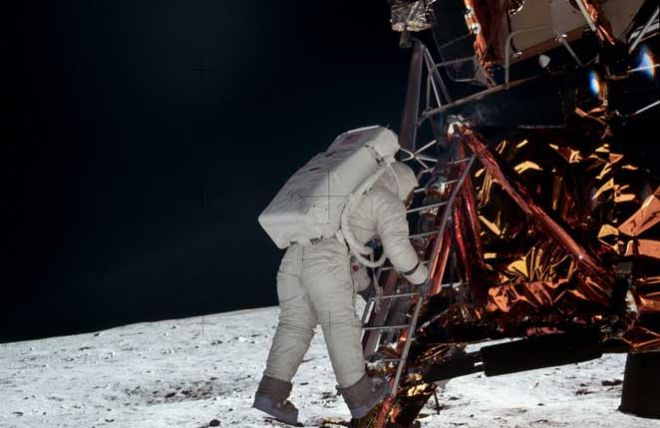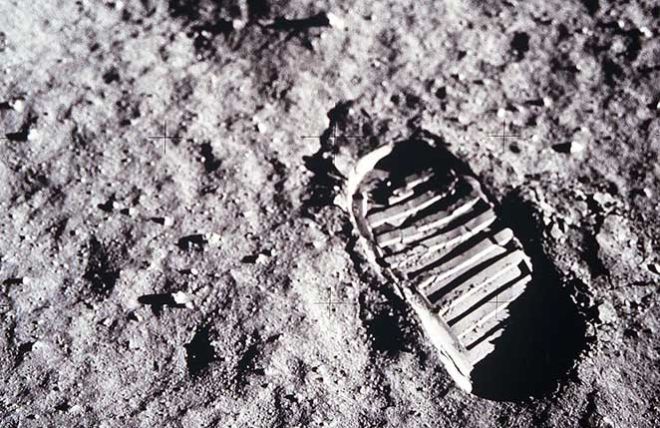
The infinite monkey theorem states that a monkey hitting keys at random on a typewriter keyboard for an infinite amount of time will almost surely type a given text, such as Shakespeare’s Hamlet. Technically, the observable universe is nowhere big enough to validate this, but infinity is such a cool concept that I like playing with it in my mind. Somewhere in the Universe right now, there’s a purple dragon flying across a pink sky and she’s speaking Chinese… but I digress.
Google tells us that there are billions of web pages added each day, and presumably trillions of unique URLs on the web. One of the largest challenges facing search engines is how to suppress this noise. The mantra early in the 2000’s was that a website needed unique content in order to survive, and now in 2011 this has become a mini-industry.
There are hundreds of companies that offer to generate articles of any length that are “optimized for profitability and keywords”. Pick a keyword, and the company will generate an article for you. It’s usually a restatement of a news story or other information that’s been published elsewhere. Heck, you can even subscribe to free automatic article generators. Click a button, and an article will magically be generated. It’s in English and it contains real words. (dripping sarcasm?) It’s the web version of plastic water bottles. They’re everywhere and they are taking up space.
Google, Bing and other search engines live or die based on providing good search results to their users. There is an immense amount of research dedicated to identifying the web’s “plastic water bottles” and insuring that they do not show up in search results. Google’s most recent algorithm update was specifically targeted at this problem. Search engines look for relevant, good content and they will get better at it. The search engine that can figure out how to deliver those results consistently will rule the space.
Put simply, if you have an agreement that produces 1000 “unique” words per day on “x” keyword, it’s time to cancel the contract. It’s a year 2008 tactic that the search engines are well aware of. Time and budget would be better spent on looking at your current content, making it relevant, complete, and easy to navigate. Spend the content budget on new articles that improve a section of the site and make it better, or alternatively on a set of new articles that create a new section. Build a great website. That’s what Google is trying to identify. Google wants to send visitors to great websites.
If I randomly type 300 characters, the odds are good that it is unique content, but obviously it is meaningless dreck. Is your “unique content” the product of a 1000 monkeys typing, or is it good content that will educate, illuminate, or otherwise contribute to answering a user’s question?







